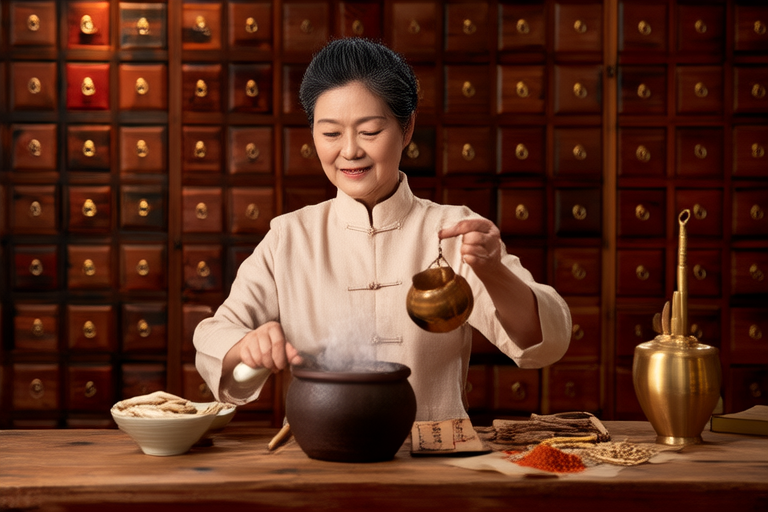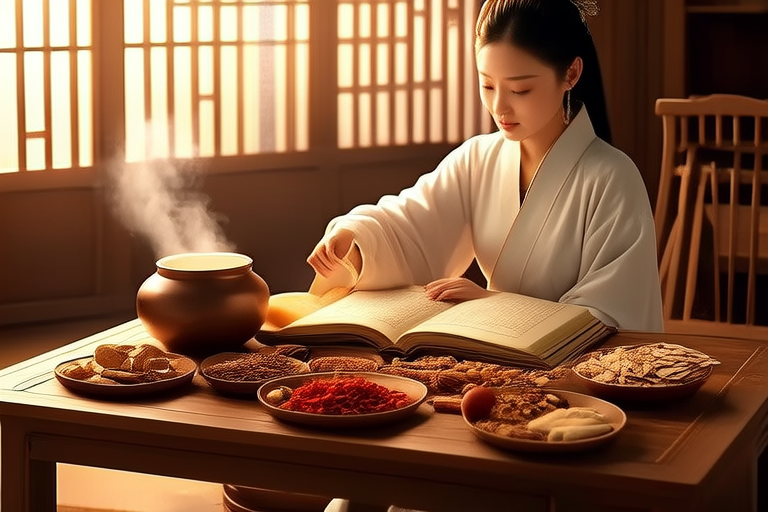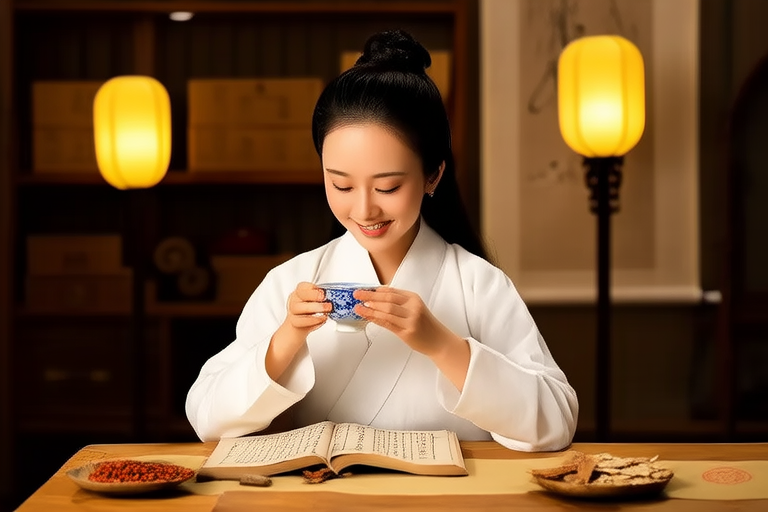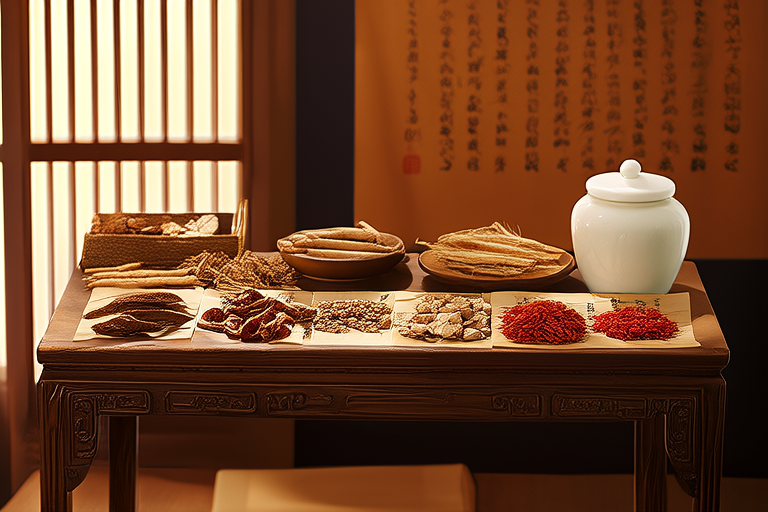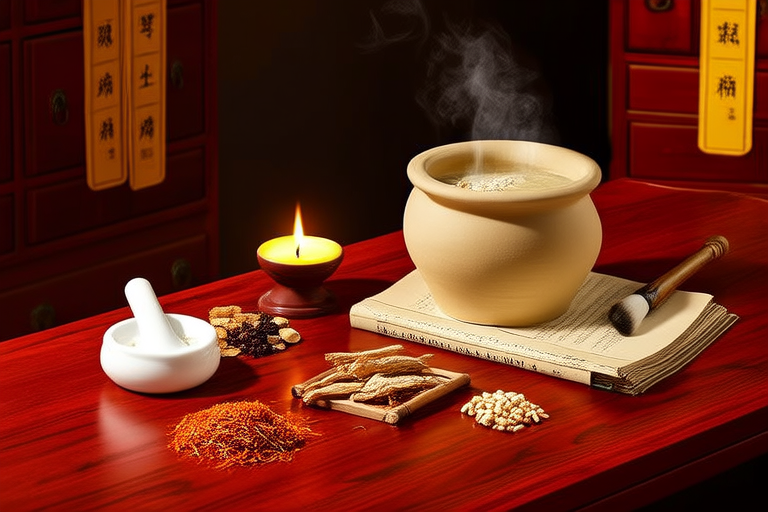Unlocking the Secrets of Longevity: A Guide to TCM Health Preservation
Introduction
Traditional Chinese Medicine (TCM) is a holistic system of health preservation that has been practiced for thousands of years. Rooted in ancient wisdom, TCM emphasizes balance and harmony within the body and with the external environment. Its principles and practices aim not only to treat illnesses but also to promote longevity and enhance overall well-being. This article explores the foundational concepts of TCM, such as Qi, Yin-Yang balance, and the Five Elements, while offering practical advice on diet, herbal remedies, acupuncture, and lifestyle adjustments to help unlock the secrets of longevity.
Core Concepts of TCM
Qi: The Vital Life Force
At the heart of TCM lies the concept of Qi (pronounced “chee”), which refers to the vital life force or energy that flows through the body. Qi is believed to animate all living things and is essential for maintaining health. When Qi flows freely and harmoniously, the body functions optimally. However, blockages or imbalances in Qi can lead to illness and discomfort. Practices like acupuncture, Tai Chi, and Qigong are designed to regulate and enhance the flow of Qi, promoting vitality and longevity.
Yin-Yang Balance: The Dynamic Equilibrium
Another cornerstone of TCM is the principle of Yin and Yang, representing complementary forces that exist in all aspects of life. Yin is associated with qualities such as coolness, stillness, and nourishment, while Yang embodies warmth, activity, and energy. Health is achieved when there is a dynamic balance between these two forces. For example, excessive Yang may manifest as inflammation or overactivity, whereas an excess of Yin might lead to lethargy or stagnation. TCM practitioners assess the Yin-Yang balance in individuals and recommend treatments to restore equilibrium.
The Five Elements: Nature’s Blueprint
The Five Elements theory—Wood, Fire, Earth, Metal, and Water—is another fundamental framework in TCM. These elements correspond to different organs, emotions, seasons, and aspects of life, forming an interconnected web. For instance, Wood relates to the liver and springtime, while Water corresponds to the kidneys and winter. Understanding the relationships among the Five Elements helps TCM practitioners identify patterns of imbalance and tailor interventions accordingly. This theory underscores the importance of aligning one’s lifestyle with the rhythms of nature to achieve lasting health.
Dietary Guidelines for Longevity
In TCM, food is considered medicine, and dietary choices play a crucial role in maintaining health and preventing disease. The goal is to consume foods that support the balance of Qi, Yin, and Yang, as well as nourish the organs associated with the Five Elements. Here are some key principles:
- Eat Seasonally: Consuming foods that are in season aligns your diet with the natural cycles of the Earth. For example, cooling foods like cucumbers and watermelon are ideal during summer, while warming foods like ginger and root vegetables are better suited for winter.
- Balance Flavors: TCM categorizes foods into five flavors—sweet, sour, bitter, pungent, and salty—each corresponding to specific organs. A balanced diet incorporates all five flavors to ensure comprehensive nourishment.
- Avoid Excesses: Overeating or consuming overly processed foods can disrupt the flow of Qi and create imbalances. Moderation and mindful eating are encouraged.
Herbal Remedies for Health Preservation
Herbal medicine is a central component of TCM, offering natural solutions for enhancing vitality and addressing specific health concerns. Herbal formulas are often personalized based on an individual’s unique constitution and symptoms. Some commonly used herbs include:
- Ginseng: Known for its adaptogenic properties, ginseng boosts energy, strengthens the immune system, and supports mental clarity.
- Ginger: This warming herb aids digestion, reduces nausea, and promotes circulation.
- Ginkgo Biloba: Often used to improve cognitive function and memory, ginkgo biloba enhances blood flow to the brain.
- Goji Berries: Rich in antioxidants, goji berries nourish the liver and kidneys, boost immunity, and promote youthful skin.
It is important to consult a qualified TCM practitioner before using herbal remedies, as improper use can lead to adverse effects.
Acupuncture: Restoring Energy Flow
Acupuncture is a widely recognized TCM practice that involves inserting fine needles into specific points on the body to stimulate the flow of Qi. By targeting meridians—pathways through which Qi travels—acupuncture can address a wide range of conditions, from chronic pain to stress-related disorders. Regular acupuncture sessions are believed to enhance vitality, improve sleep quality, and strengthen the body’s resilience against illness. Many people incorporate acupuncture into their wellness routines as a preventive measure to maintain long-term health.
Lifestyle Adjustments for Longevity
Beyond diet and herbal remedies, TCM emphasizes the importance of lifestyle habits in promoting longevity. Here are some recommendations:
Mind-Body Practices
Incorporating mind-body practices such as Tai Chi, Qigong, and meditation can cultivate inner peace, improve flexibility, and enhance the flow of Qi. These gentle exercises are particularly beneficial for older adults seeking to maintain mobility and mental clarity.
Sleep Hygiene
Quality sleep is essential for restoring Qi and balancing Yin and Yang. TCM advises going to bed early and waking up with the sunrise to synchronize with the body’s natural rhythms. Creating a calming bedtime routine and avoiding stimulating activities before sleep can further improve restfulness.
Emotional Well-Being
Emotions are closely linked to physical health in TCM. Chronic stress, anger, or sadness can disrupt the flow of Qi and weaken the organs. Cultivating positive emotions, practicing gratitude, and engaging in meaningful social connections are vital for emotional well-being.
Nature Connection
Spending time outdoors and connecting with nature aligns with the principles of the Five Elements. Activities like gardening, hiking, or simply walking barefoot on grass can ground the body and replenish depleted energy.
Conclusion
Traditional Chinese Medicine offers a profound understanding of health and longevity rooted in centuries of observation and practice. By embracing core concepts such as Qi, Yin-Yang balance, and the Five Elements, individuals can gain insight into their own bodies and take proactive steps toward wellness. Practical strategies like mindful eating, herbal supplementation, acupuncture, and lifestyle adjustments empower people to live longer, healthier lives. Ultimately, the secrets of longevity lie in cultivating harmony—within oneself and with the world around us.






